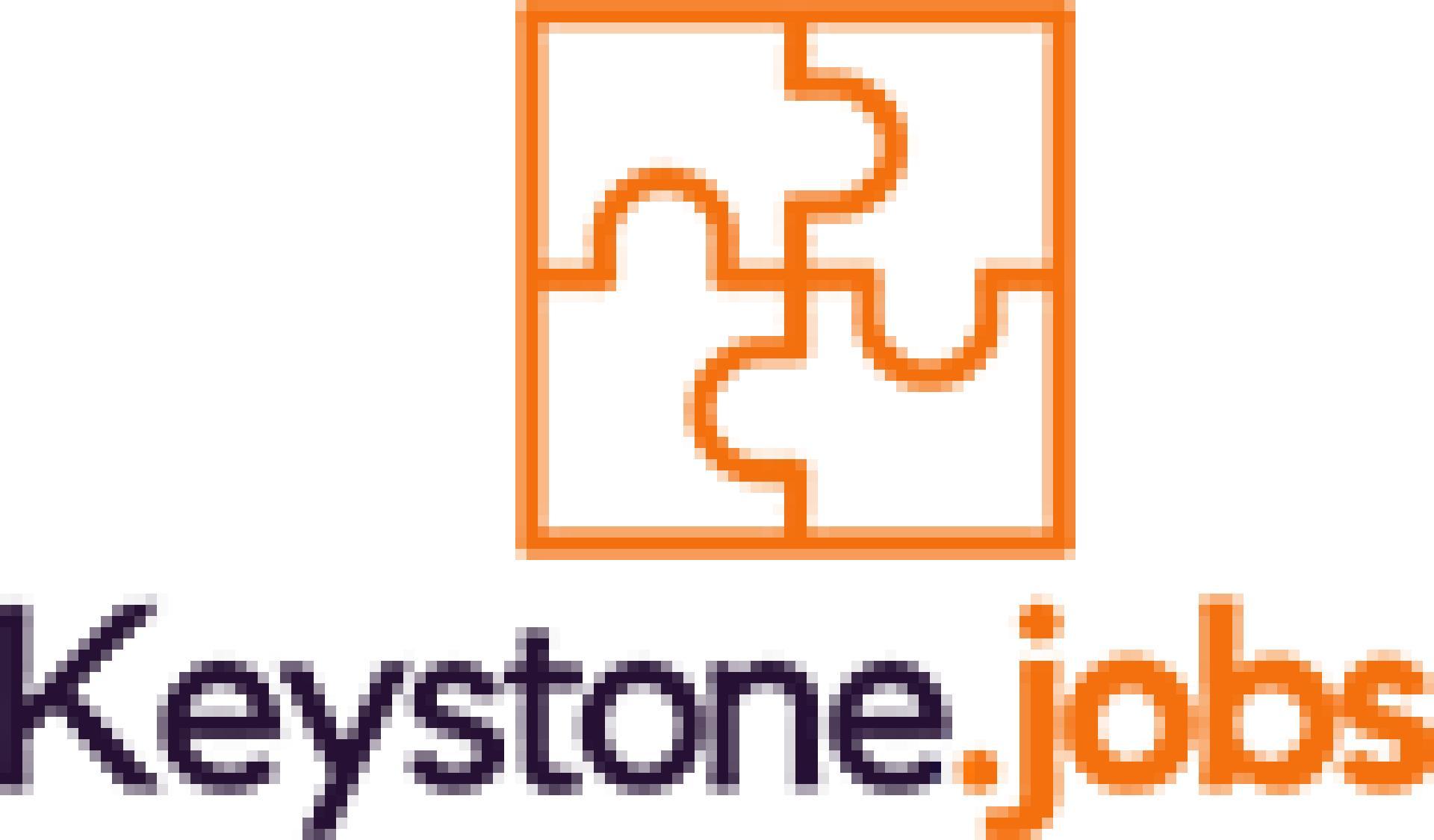- Our Specialist Sectors
- Customer Service & Call Centres
- Higher Education
- Hospitality, Catering & Events
- Human Resources
- IT / Web / Telecomms
- Local Government
- Manual, Industrial & Warehousing
- Marketing / PR
- Midwifery & Allied Health
- Office, Clerical & Administration
- Reception & Front of House
- Retail
- Social Care
- Third Sector & Not for Profit
- Transport & Logistics
FoDOCS Student Co-Creator
Job Description
FODOCS Students of any year/ discipline required to fill several co-creation roles.
In response to a consultation process undertaken to investigate the faculty's low survey scores, we are searching for several BDS, DTH and PGT and PGR students, from all years to join working groups with staff as equal partners in the exploration of the main themes and topics arising from feedback. Together, you will co-create new processes, interventions and activities to improve the student experience.
Students will be added to a pool of student co-creators, being offered work on projects, workshops, focus groups and advisory groups throughout the year.
Tasks include:
- Corresponding regularly with staff and students via email and Teams
- Undertaking research about best practice in the sector
- Attending and contributing to meetings
- Listening to and respecting the expertise of staff and other students, whilst also bringing your own expertise to collaborations
- Confidently sharing your ideas and experiences
- Using your creativity skills to suggest solutions to tricky problems
- Approaching conversations with curiosity and open-mindedness
- Sharing your work and progress with your peers
- Due regard for diplomacy and confidentiality
- No experience necessary, but students must be prepared to talk about their own experiences with other students and staff candidly and sensitively.
You will be contracted to work for a total of 30 hours, which you will work flexibly across the academic year. Depending on the nature of the work, these hours may be expanded in consultation with you. Your time will be split between undertaking research, attending workstream meetings and supporting staff to improve current practice and with the development of new initiatives. The majority of your hours can be undertaken remotely, however you will need access to Microsoft Teams.
You will be compensated at the Talent Bank rate (13.92 + holiday pay).
In your application, please provide answers to the following questions:
What does successful, shared decision-making look like between staff and students? (max 150 words)
What skills, qualities and attributes do students need to posses when working with staff in true partnership? (max 150 words)
You will be scored and ranked based on your answers to these questions, and the highest scoring candidates will be offered roles. There are several jobs available, so you have a good chance of securing work!
If successful, you will be invited to paid training on the evening of Wednesday 26th February, 5 - 7pm. The session will be held online.
Please only apply if you are available on the above day and time and are a CURRENT BDS, DTH, PGT or PGR student in FoDOCS. Applications for this role will close at 23.59 on Friday 21st February at 23:59 .
If you have any questions, please contact Maddie Murphy, Student Experience Manager: maddison.murphy@kcl.ac.uk
Qualifications
n/a
Skills
n/a
MORE JOBS LIKE THIS
Context:
King's College London will host the annual meeting of Magna Charta Observatory (MCO) on 11-13 November 2025. This will be one of the largest event gathering of university leaders at King's. The annual meetings of MCO are organized as a high-level conference, including a session for new member universities to ceremonially sign the Magna Charta Universitatum. The title of the event will be: What are universities for? Higher education principles, values and responsibilities in a fragmented world. Public reasonability of higher education vs public responsibility for higher education
The School of Education, Communication and Society will manage the organisation of the event, in coordination with the Vice-Chancellor's office and the Secretariat of the Magna Charta Observatory.
Tasks:
- Support the Head of School to finalise the programme in coordination with the Vice-Calello's Office and MCO Secretariat
- Liaise with King's Venues to secure spaces and review the booking contracts.
- Liaise with King's AV for audio and video requirements.
- Agree and order catering through King?s Venues.
- Hire and brief student ambassadors.
- Co-ordinate risk assessments of the event
- Email attendees the details of the event and an evaluation form post-event, and analyse the results.
- Attend the event, brief speakers, and liaise with catering and AV.
- Prepare any reports needed after the event.
Qualifications
Particular qualifications are not required, but the role would suit a student who can devote a small amount of time daily to pick emails etc.
Skills
Ideally you will be a confident self-starter, able to work independently and to effectively liaise with other departments. You will also need to be comfortable working with senior managers.
- Significant experience of events planning and administration (must have organised three events or more).
- Excellent written and verbal communication skills.
- Excellent attention to detail with the proven ability to work with a high degree of accuracy.
- Proven time management and organisational skills.
- A proven ability to use initiative and work well under pressure.
Please provide a CV and half a side of A4 saying why you would be suitable for the role for your application
Recruitment of Research Assistant
(0.2FTE for 5 weeks-with flexibility)
Audit & Evaluation of written assessment feedback for BSc midwifery students
Who we are looking for
Are you currently registered as a Doctoral student at King?s?
Do you have experience in qualitative research?
If the answer to these questions is yes- we are looking for you!
Context of the post
We are looking to appoint a current registered Doctoral student at King's College London to work with a multidisciplinary team from the department of Midwifery and King?s Academy on a project funded by the College Education Fund looking to undertake an audit and evaluation of written assessment feedback for BSc Midwifery students. Looking at the student experience of assessment, this project will design an audit tool to undertake review of written assessment feedback given to students after summative assessment submission for students on the BSc Midwifery curriculum.
The project will focus on students where there has been evidence of an attainment gap in higher education (such as students from a minoritised ethnic group and those with a SpLD) but will be of whole-cohort benefit. There will be 2 workstreams for the project;
- Literature review, and development of the audit tool as part of a codesign process with students and educators
- An audit of feedback on global assessment across the midwifery programme
Typical paid duties will include:
- Assisting in building the evidence base for the project, by reviewing the literature on assessment feedback practices in higher education pre-registration healthcare programmes.
- Writing up findings into a literature review
Eligibility, hours and pay
To apply, you need to be a current registered Doctoral student at King's College London.
We expect the role to run November 2024-Feb 2025, however there should be flexibility to allow for project needs to be met. Work is not expected to go beyond Feb 2025.
This post will be paid at a Band 5 salary on a weekly basis. It is anticipated that the hours will be on average 7-7.5 per week (some weeks may be slightly more, some less).
You will be hired on a King's Talent Bank hourly paid contract, and they will undertake a Right to Work check. You will need to ensure that taking on this role is not in breach of King's policies or any funding or immigration conditions.
Support provided
You will be expected to work autonomously, but will have support, including:
- A project induction including from a member of the study team.
- The Research Assistant will have one-to-one mentoring meetings with one of the project leads (depending on requirements of the work)
Encouraged not to use BAME anymore...i have tried to rephrase this a little...happy for your to ignore!
Qualifications
Registered Doctoral student at KCL with the Faculty of Nursing, Midwifery and Palliative Care
Skills
Core skills, knowledge and experience required
(E-essential, D-desirable)
- Experience in qualitative data collection, analysis and write up (E)
- Understanding of undertaking academic literature review (E)
- Interest in / knowledge and understanding of Equality, Diversity & Inclusion and diverse student needs (E)
We are looking for student ambassadors to support the Black Dentists Network Grassroots event, which will be held on Saturday 22nd February from 9am - 3pm in Guy's Tower Lecture Theatre. Tasks on the day will include:
- Supporting students and their families to enjoy the day
- Helping with registration
- Chaperoning students around the site as required
- Managing lunch
- Providing a campus tour of Guy's
- Being a positive role model for KCL and FoDOCS
- Speaking to students about your experiences on your course
Qualifications
None required but you must be available to work on the specified dates and times
Skills
You must be a student in FODOCS to apply for this vacancy.



You can also use your social account to sign in. First you need to:
Accept Terms & Conditions and Privacy Policy.